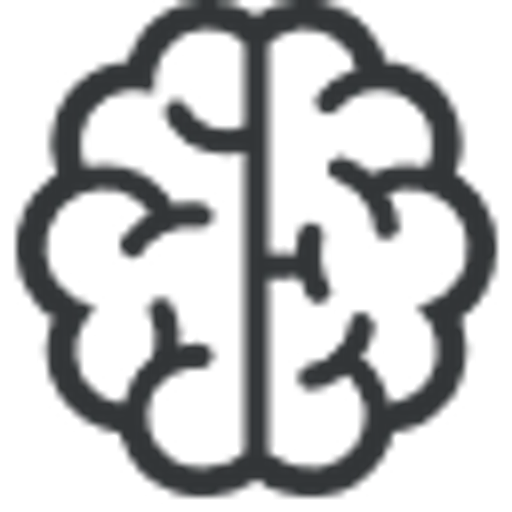The Ethics of Machine Learning
I've been thinking about ethics recently. Machine learning has gotten so good in the past few years, and it's a technology that can be used for both good and evil.

When I was in university for my Computer Science degree, I took a course called Professional Practices In Computer Science – although everyone called it "Ethics With Al", since the instructor's first name was Alan. During it, we discussed the sometimes challenging line software developers need to walk between building something to be as good as they can, or to not do that to do what they believe is right.
A particularly poignant example I remember was a hypothetical situation in which we were writing the code for positioning systems for aerospace industry. You find out that while the code was originally intended to be used for commercial airliners, it was now going to be used for guidance systems in missiles, and your country's military has killed innocent civilians in a war you disagree with. If the targeting system is accurate, more innocent people will die.
The question: do you do your best as a professional to write the best positioning software that you can, or do you take action to potentially save the lives of civilians, while also potentially putting your own military in harms way?
I've been thinking about ethics recently. Machine learning has gotten so good in the past few years, and it's a technology that can be used for both good and evil.
With enough training data, Deepfake technology can be used to improve the quality of films when a character needs to be de-aged, but could also be used to make it seem like a public figure said terrible things.
DALL-E 2 as shown itself to be exceedingly good at generating images from text prompts. But the only thing stopping it from producing inappropriate images is a blocklist of terms and a lack of training data (but the technology in the wrong hands could change that). Craiyon and Midjourney have also proven to be incredibly powerful.
We already know that deepfakes have been made to put public figures into pornography. Most people would consider that to be unethical, but at least one person thinks it's alright – otherwise they wouldn't have done it. All it takes for one of these technologies to be misused and damage could be done.
The ethical misuse of technology is nothing new. People have been doing it for centuries; in 1830, semaphore towers in France were used to scam the stock exchange. Bitcoin, cryptocurrencies, and NFTs are heavily used to scam innocent people out of their money so much so that the NFT community has coined the term "rugpull" because it happens so much, and Web3 Is Going Just Great gets updated almost daily.
I feel like no matter what, someone will find a way to abuse any technological advancement in the world.
My Weekly Finds









